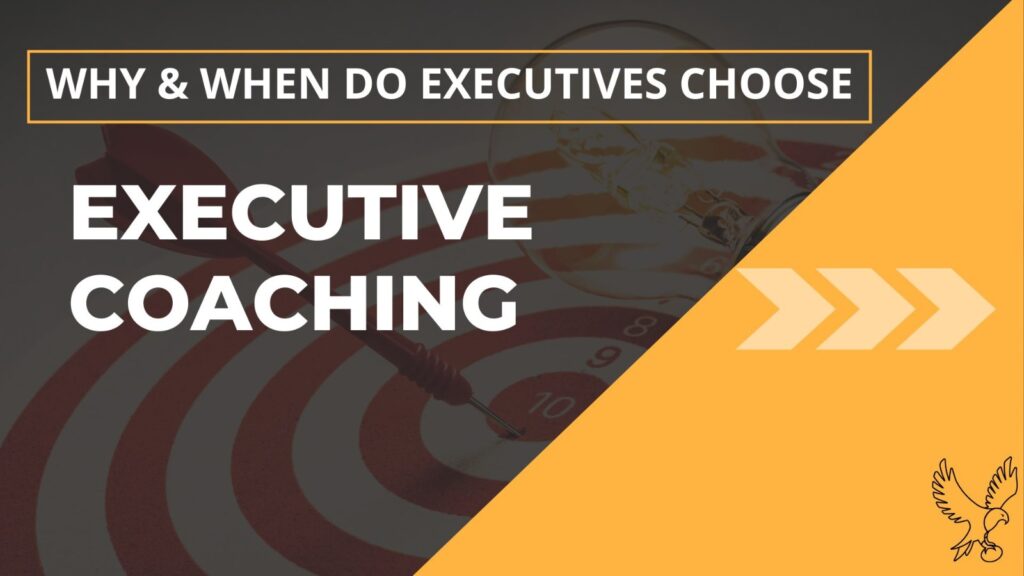Why and When Do Executives Choose Executive Coaching

Seasoned executives and leaders access executive coaching when they face challenges or desire growth in one or more of these four areas – career, relationship, wealth, or health.
With me, it’s mostly been career – around 80% of my clients leverage executive coaching for career growth. The remaining 20% seek to improve relationships, personal or professional.
Executive coaching for career
Most executives come to me for executive coaching to address challenges and achieve goals related to their careers. Here are some of them.
Need a listening/thinking partner
A major challenge at the top level is loneliness. Senior leaders prefer someone trustworthy and neutral to act as a sounding board and cheerleader – executive coaches tick all the boxes. They also benefit from multiple perspectives that arise from coaching conversations in an executive coaching engagement.
Improving performance
I once had an executive whose performance had dipped, and the concerned organization had decided to go for executive coaching. Many leaders/organizations also come to move their/their leader’s performance to the next level.
Toxic bosses
Many leaders, mostly super-performers with unsupportive bosses, have partnered with me to develop better working relations with their seniors. Executive coaching was a game changer for them.
Preparing for specific roles
Executives/organizations have hired me to prep themselves/their high-potential leaders for CXO roles.
Leadership succession
I have partnered with CEO designates to ready them for the top role.
Improve specific leadership areas
I once had a leader who was great at achieving sales targets but poorly managing his team. His organization hired me to help him work on his EQ. Another company wanted one of their CEO designates to be more assertive and sought executive coaching with me.
Organizations/leaders hire executive coaches like me to address limitations in a leader’s 360-degree review or other professional assessments.
Executive coaching for relationships
I partner with executives seeking to nurture relationships at work or home. Many of them are highly successful leaders who have risen fast thanks to professional excellence. But they have ruffled many feathers along the way or have been missing on the home front.
Many seek executive coaching to heal or nurture relationships with their spouses or with their tween/ teen/ adult children. For instance, one leader I coached came to become a better parent.
How does executive coaching work?
Leaders and organizations are amazed at the results we achieve in an executive coaching engagement, often over and beyond the stated RoI.
An executive coach can move the executive to a more resourceful state where they can manifest their dreams and goals and live them.
These are the steps in an executive coaching engagement.
Goal setting
We ask the client to state their goals. They usually come up with immediate career goals, so we also get them to look at the larger career goals. We also insist on a few personal goals to make it a journey toward ‘full potential.’
Conversation
The coach and the leader decide on a goal for each executive coaching session. Based on this, they explore the leader’s deeper beliefs and biases.
Awareness and action
Deep exploration leads to awareness and action. This makes executive coaching an action-based intervention for self-transformation and development.
To know more about how the executive coaching process works, read our blog What is Executive Coaching and Its Benefits?
The right time for executive coaching
When is the right time to access executive coaching? The answer is – any time. You needn’t wait for a challenge or problem to crop up. Executive coaching can build self-awareness that can prevent a lot of potential challenges and also prepare you to face any challenges in the future.
The above are excerpts from my podcast, All About Coaching on Mentza. Tune in for more insights.

